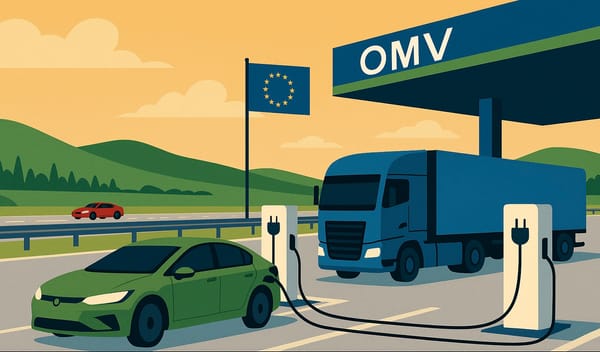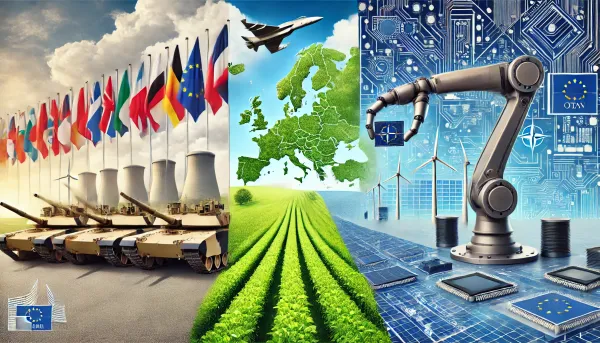
EU needs EUR 700bn/year to meet climate goals
Europe will require annual investments of more than EUR 700bn (USD 762.44bn) to meet its energy transition goals to combat climate change, a senior European Commission (EC) official said on Thursday, 6 July.
European Commission Vice President Maros Sefcovic made the comments as the EC released the 2023 Strategic Foresight Report, an analysis of the EU’s ability to meet its goals.
Sefcovic explained that some “EUR 620bn (USD 675.3bn) annually will be needed to meet the objectives of the Green Deal and of our REPowerEU plan”.
A further EUR 92bn will be needed to meet the objectives of the Net-Zero Industry Act from 2023-30, he added.
CEE countries among EU climate laggards
Last week campaigners expressed concerns that Central and Eastern European (CEE) countries could stop the EU from meeting its climate objectives, particularly due to issues related to their National Energy and Climate Plans.
Only Slovenia, Croatia, and Spain met the recent deadline for submitting their updated plans, the new report from CEE Bankwatch Network revealed.
Sefcovic envisages new approach to green financing
Sefcovic said Europe needs to shift to be a “Europe of investments” in order to achieve its goals and to ensure the EU stays ahead of global competition, with investment from both the public and private sectors.
“The European Investment Bank (EIB) should provide stronger support for strategic investments in key areas such as green and biotech and raw materials, especially for cutting-edge projects,” Sefcovic said. He also called for targeted investment from the public sector including national budgets and EU funding.
EU member states have repeatedly voiced concerns about becoming reliant on a handful of countries for imports of raw materials and key components such as wind farm parts. EU companies also warned that unaligned and complicated EU legislation threatens European innovation.
Time for EIB reform is now – Politico
Brussels-based politics website Politico comments that as a new EIB president is due to be elected next year, the autumn presents an ideal moment to assess the bank’s policies and expand its mandate.
The report, Politico added, suggests that the EIB should provide stronger support for strategic investments related to Europe’s digital and green transitions.
In the report, the EC advocates for better utilization of public funding as a catalyst for private investments, especially for more groundbreaking initiatives, in a potential shift in the EIB’s lending policy, which has typically been for infrastructure projects.
It also emphasizes demographic changes and the demand for skilled labour, calling for the attraction of global talent, the creation of talent pools and partnerships with third countries, and also education and training aimed at integration.
The report additionally suggests more flexible trade deals focusing on areas such as clean technology and the establishment of a green transatlantic marketplace that facilitates access to incentive schemes and addresses recent tensions with the US over its subsidies for green tech.
Critics of EU innovation initiatives often highlight the lack of venture capital for technology and startup ventures. Harnessing EIB support for higher-risk spending would help to bridge the gap in risk-averse European funding, according to the annual EC report.
EU strategy to support net-zero products
The EU’s Net-Zero Industry Act, unveiled in March, aims to boost Europe’s manufacturing in net-zero technology products under the broader Green Deal Industrial Plan to counter massive subsidies by the US and China.
With the Green Deal, EC President Ursula von der Leyen has made de-carbonising the EU economy a flagship policy of her tenure. The deal also includes new laws that upend decades-old supply chains and rules across all sectors.
Von der Leyen recently underscored the EU’s dedication to achieving a net-zero power sector by 2040, with CEE nations playing a pivotal role in attaining a renewable energy share of at least 42.5% or even 45% in their energy portfolios by 2030.





